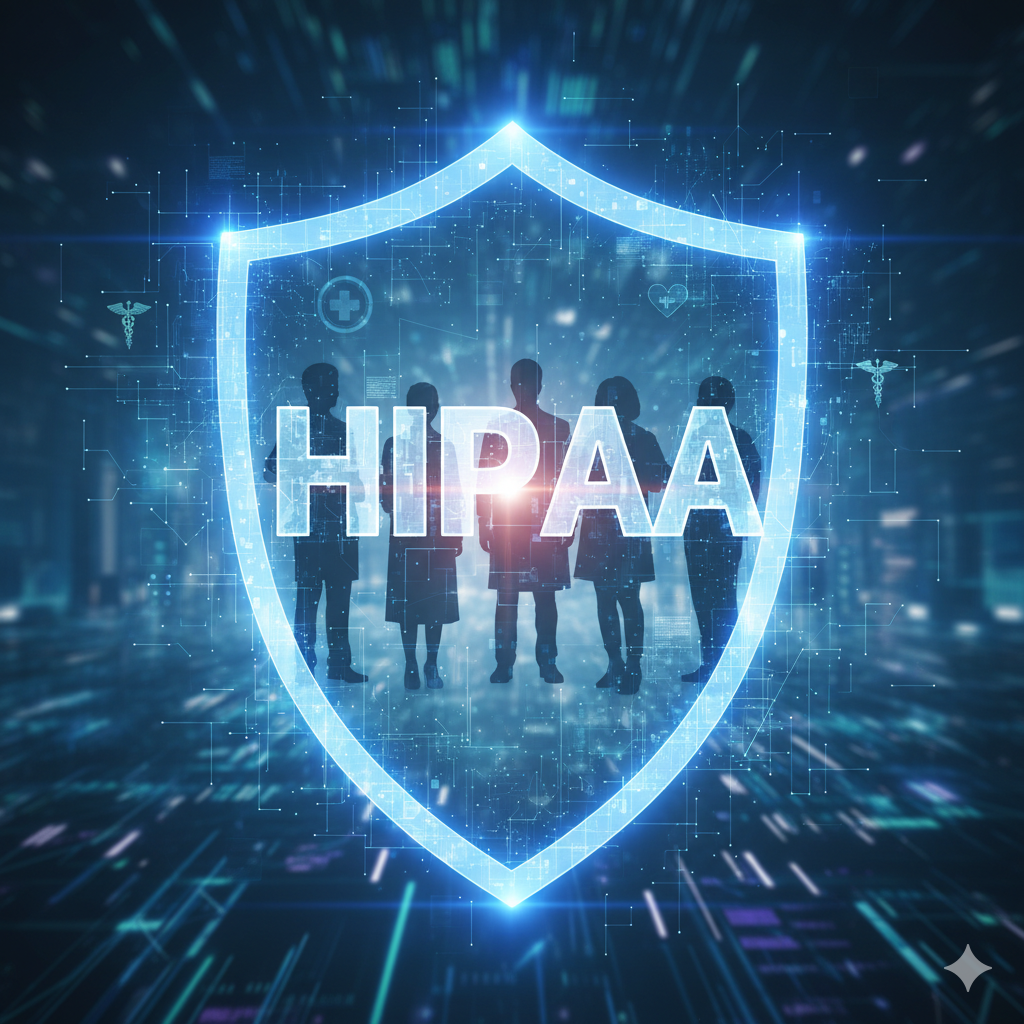Healthcare providers and billing companies in the U.S. operate under strict regulations to protect patient information. At the heart of these regulations is HIPAA — the Health Insurance Portability and Accountability Act — which establishes national standards for safeguarding sensitive patient health information.
What is HIPAA?
HIPAA was enacted in 1996 to improve the efficiency of the healthcare system while protecting patient privacy. For healthcare billing and revenue cycle management, HIPAA compliance ensures that all patient data, including medical records and billing details, are handled securely and confidentially.
Why HIPAA Matters in Medical Billing
-
Protecting Patient Data: Healthcare providers handle sensitive information daily. HIPAA ensures that patient demographics, diagnoses, and treatment details are kept confidential.
-
Reducing Legal Risks: Non-compliance can lead to significant fines, penalties, and reputational damage. HIPAA compliance mitigates these risks.
-
Building Trust: Providers that follow HIPAA guidelines demonstrate professionalism and reliability, fostering trust with patients and payers.
Key HIPAA Requirements for Billing Companies
-
Privacy Rule: Governs the use and disclosure of protected health information (PHI). Billing teams must ensure that PHI is shared only with authorized parties.
-
Security Rule: Requires administrative, physical, and technical safeguards to protect electronic PHI (ePHI). This includes secure software, encrypted communication, and access controls.
-
Breach Notification Rule: Any unauthorized access to patient data must be reported promptly to affected individuals and government authorities.
Best Practices for HIPAA Compliance in Billing
-
Secure Data Storage: Keep all patient records in encrypted systems with restricted access.
-
Employee Training: Regularly train staff on HIPAA rules, privacy practices, and secure communication.
-
Audit and Monitoring: Conduct routine audits to detect unauthorized access or data mishandling.
-
Vendor Management: Ensure that any third-party partners, such as clearinghouses or cloud services, are HIPAA-compliant.
HIPAA Compliance in Everyday Billing Operations
-
When submitting claims to payers, ensure all PHI is transmitted securely.
-
Follow protocols for correcting claim errors without exposing sensitive patient data.
-
Maintain proper documentation for all billing and communications to remain audit-ready.
Conclusion
HIPAA is not just a legal requirement; it is a cornerstone of professionalism and trust in healthcare billing. Companies like Celestix Communications prioritize HIPAA compliance in every aspect of their revenue cycle management services, ensuring that providers can focus on patient care while maintaining secure, efficient, and compliant billing processes.



.jpg)
.jpg)